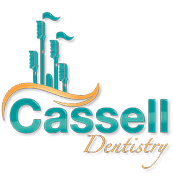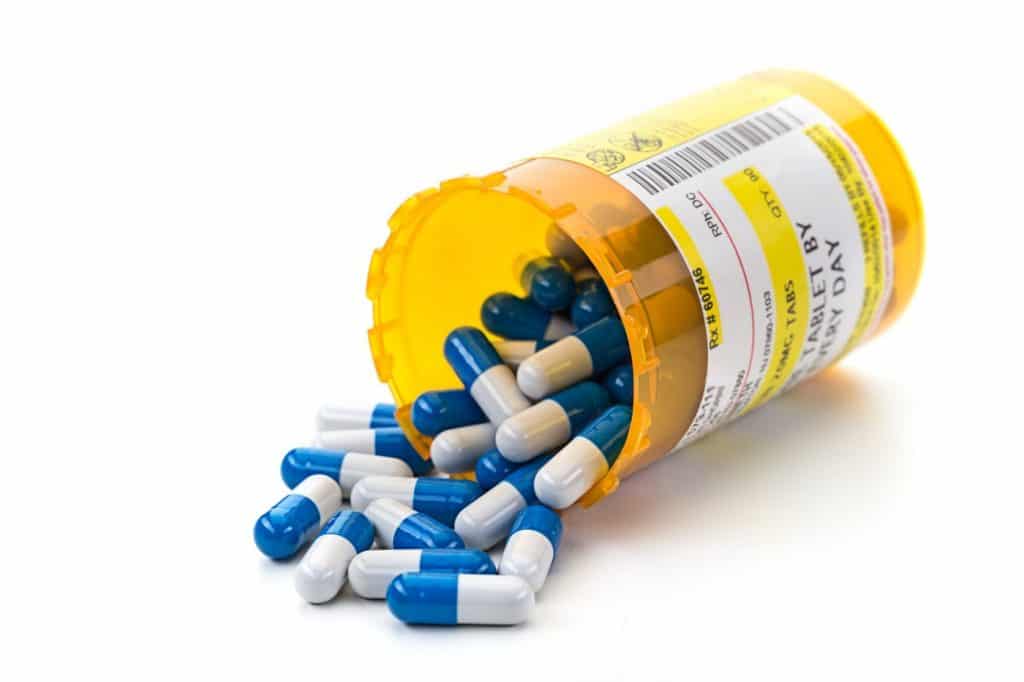Periodontal Disease and Your Overall Health
Gum disease might be the leading cause of tooth loss, but how does periodontal disease affect your overall health? The relationship might be far stronger than you suspected.
How Periodontal Disease Affects the Body
When your gums are severely infected, the bacteria inside of your mouth can spread directly into the blood vessels that feed your bleeding gums. If you have swelling and bleeding, there is an open channel for dental plaque to make its way into other parts of your body. This process can strain your immune system and raise inflammation overall.
Science has shown us that the more aggressive your gum disease is, the more likely you are to suffer from specific conditions like:
- Diabetes
- Heart disease, heart attack, high blood pressure
- Stroke
- Erectile dysfunction
- Premature labor, preeclampsia
- Infertility
- Pneumonia
Perhaps you’re already struggling with one of these conditions, but lifestyle changes and medication aren’t helping as much as you hoped they would. It might be time to peek inside of your mouth. Are your gums swollen? Do they bleed easily? Healthy gums don’t bleed when you brush and floss them. It could be that what’s straining your immune system is right there, looking back at you in the mirror.
In fact, we now know that the more aggressive your gum disease is, the more challenging it is to get any of these medical conditions under control. Without addressing your oral infection, things begin to spiral out of control. Managing your health requires a holistic approach, where co-existing conditions like medical issues and gum disease are addressed on a joint level. Only then will your immune system get the boost it needs to stabilize your “bigger” medical problems.
Symptoms of Gum Disease
Healthy gums are smooth, usually coral pink in color, and tightly frame the teeth. Just note that if you smoke, it could mask the symptoms of periodontal infection.
Some of the most common signs of gum disease include:
- Bad breath
- Gum recession
- Spaces between teeth
- Loose or missing teeth
- Tartar buildup
- Pockets under your gums
- Bone loss (as seen on X-rays)
- Gum detachment
- Bleeding
- Inflammation
How long does periodontal disease take to heal? Minor gum infections like gingivitis can be reversed in a couple of weeks. But chronic periodontitis will not improve without therapeutic care from your dentist in addition to an impeccable oral hygiene routine. Since gum disease causes irreversible gum and bone loss, the ultimate goal of periodontal treatment is to prevent the deterioration from getting any worse.
What Happens When You Treat Gum Disease
The good news is that by treating gum disease, you immediately lessen the bacterial load on your body and immune system. Numerous studies over the past several years have shown that following periodontal therapy, people with secondary health issues—like diabetes and infertility—typically see an improvement in their overall health within a few weeks to a few months. In fact, blood glucose levels become more stabilized and couples even conceive in less time, compared to people who have untreated gum disease.
Periodontal Screenings in Mission Valley
People with healthy teeth and gums tend to benefit most from a preventative cleaning every six months. If you’re not sure when the last time was you had a gum disease screening, it’s time to visit our dentist in Mission Valley. How much periodontal treatment costs are minimal compared to excessive medical bills, medications, and life-threatening incidents like strokes or heart attacks.
During your exam, we’ll evaluate your gum health to help you identify whether or not you’re at risk for periodontitis. And if you are, we can help you map out a care plan to get the disease under control.
Contact Cassell Dentistry today to reserve your next appointment.

